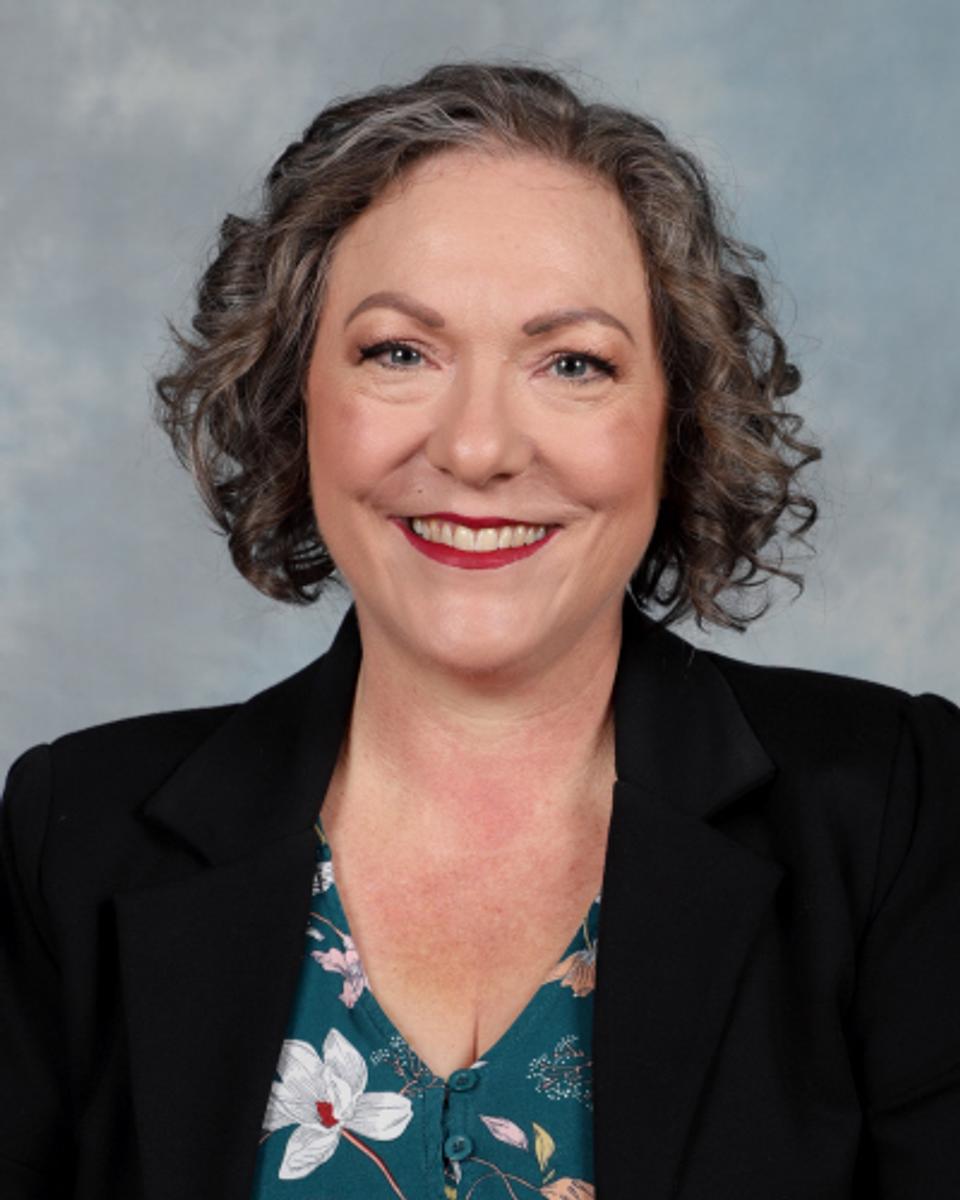Editorial

From the Deputy Principal
Critical Thinking
At PVCC, we have clearly articulated our vision as:
A Christ-centred college that pursues excellence in education and character, daring our students to be engaged, equipped and empowered, to transform their communities, local and global.
The heart of this equipping and empowering, is to teach, develop and encourage critical thinking in students.
The OECD Education Director for Education Skills, Andreas Schleicher, fully supports this view in his article, The case of 21st century learning. He says:
“Education today is much more about ways of thinking which involve creative and critical approaches to problem-solving and decision-making....
education is about the capacity to live in a multi-faceted world as an active and engaged citizen.”
The Victorian Curriculum Critical and Creative Thinking rationale states:
“Responding effectively to environmental, social and economic challenges requires young people to be creative, innovative, enterprising and adaptable, with the motivation, confidence and skills to use critical and creative thinking purposefully.”
So what IS critical thinking?
Critical thinking is the intellectually disciplined process of actively and skillfully conceptualizing, applying, analyzing, synthesizing, and/or evaluating information gathered from, or generated by, observation, experience, reflection, reasoning, or communication, as a guide to belief and action.
(from Defining Critical Thinking)
THIS is exactly what we want for students, who learn and graduate from PVCC. As a Christian school, we have a clear message about the sovereignty of God and his saving grace through the gift of salvation through Christ’s death and resurrection. We believe that the bible is the word of God, written by his people over many years, and always inspired by the Holy Spirit.
We present this to our students, and encourage them to wrestle with this, to ask questions and to make up their own minds about what they believe.
Sadly, we live in a time and place, in the state of Victoria in particular, where freedom of thinking, discussion of alternative viewpoints and tolerance of others who hold ideas and ways of being that are different from our own is not only discouraged, but even legally prohibited.
We have children being educated in a time where they are encouraged to develop analysis and synthesis of varying ideas and viewpoints, to critique and make decisions, but at the same time, we are only allowed to present one line of thinking, at the risk of prosecution.
I think this is exemplified in the recent media discussions around the appointment of Andrew Thorburn (a highly experienced and competent leader), to the position of CEO of Essendon AFL club. When asked about his involvement with his church, Andrew remarked,
“People should be able to hold different views on complex personal and moral matters, and be able to live and work together, even with those differences, and always with respect. Behaviour is the key. This is all an important part of a tolerant and diverse society.”
“Despite my own leadership record, within hours of my appointment being announced, the media and leaders of our community had spoken. They made it clear that my Christian faith and my association with a Church are unacceptable in our culture if you wish to hold a leadership position in society.”
“This grieves me greatly – though not just for myself, but for our society overall. I believe we are poorer for the loss of our great freedoms of thought, conscience and belief that made for a truly diverse, just and respectful community.”
Alternatively, when the leader of our state, Dan Andrews, was asked to remark on Mr Thorburn’s appointment and his church’s respectfully expressed belief, he said:
“Those views are absolutely appalling. I don’t support those views; that kind of intolerance, that kind of hatred, bigotry is just wrong. All of you know my views on these things. Those sort of attitudes are simply wrong, and to dress that up as anything other than bigotry is just obviously false.”
It seems from his comments, that Mr Andrews does not encourage critical thinking. If a point of view differs from his own, he chooses to diminish and dismiss it by labelling it as “just wrong”.
My deep hope for PVCC students is that they hear the message of God’s love for them and their own need for salvation through Jesus. BUT, I want them to make their own decisions, to weigh up differing points of view and, through critical thinking, to form a robust opinion on where they stand on issues that life will throw at them.
I want for them to challenge what they hear at school and to challenge what they hear through the media and from government. That challenge should be expressed respectfully, courteously and being well-reasoned, allow them to determine what they believe and stand for, through critical thinking.
Lily McDonald
Deputy Principal

